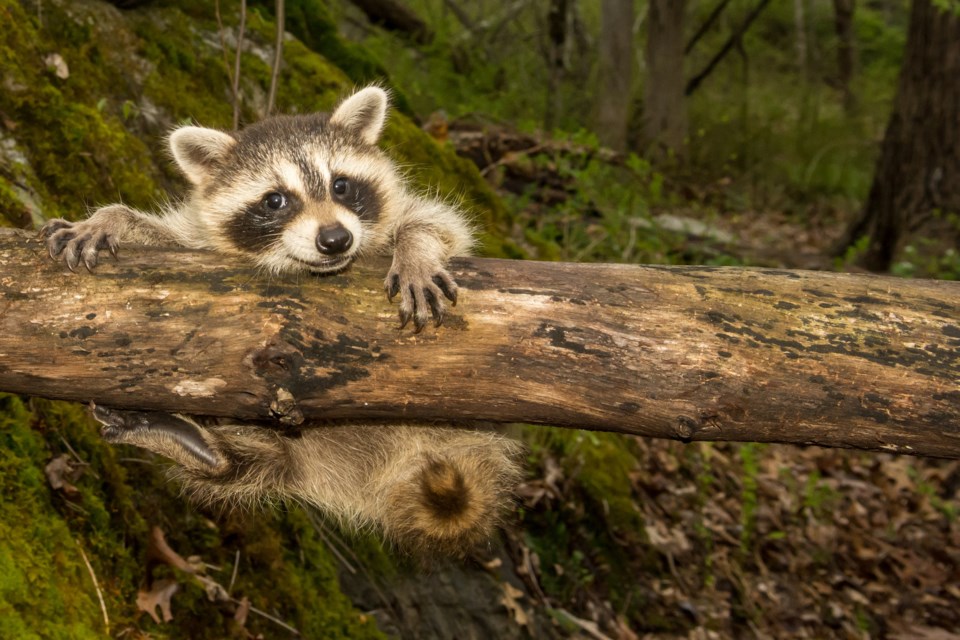NEWS RELEASE
PUBLIC HEALTH
*************************
Wellington-Dufferin-Guelph Public Health is notifying the public that raccoon rabies has recently re-emerged after a 10 year absence in the animal population in Ontario. In fact, hundreds of raccoons and skunks have tested positive for the raccoon strain of rabies in the last 15 months.
Although Wellington and Dufferin counties have not had a confirmed positive case of rabies yet, it is only a matter of time until wild animals from affected areas venture into our region.
Most of the animals with rabies have been found in the Hamilton area. Haldimand-Norfolk, Niagara Region, Halton Region, Perth County and Brant County have had positive cases of rabies as well.
Rabies is a virus that affects mammals, including humans, and is most commonly spread by wild animals like raccoons, skunks, foxes and bats. Rabies is transmitted through the saliva of an infected animal, usually through a bite.
However, the infected saliva can also enter an uninfected animal or human through scratches, open wounds or mucous membranes of the mouth, nose and eyes.
As a precaution, it is important to stay away from all wildlife, and stray cats and dogs. Pet owners should also vaccinate their dogs and cats for rabies.
“Exposure to rabies is fatal. Make sure your pets are vaccinated and know how to protect yourself and your family,” said Dr. Nicola Mercer, Medical Officer of Health and CEO for Wellington-Dufferin-Guelph Public Health. “If you are concerned that you may have been exposed to rabies, contact your physician immediately or go to a hospital emergency department.”
If you are bitten or scratched by an animal, or have been in contact with a suspicious animal, report the incident to WDG Public Health at 1-800-265-7293 ext. 4753. After hours, on weekends and holidays, call 1-877-884-8653.
If your dog or cat has been bitten or scratched by another animal (domestic, wild or stray) contact your veterinarian immediately.
If you suspect a wild animal has rabies do not go near it. Contact the Ministry of Natural Resources and Forestry Rabies Hotline at 1-888-574-6656.
For more information about rabies visit www.wdgpublichealth.ca.
*************************
